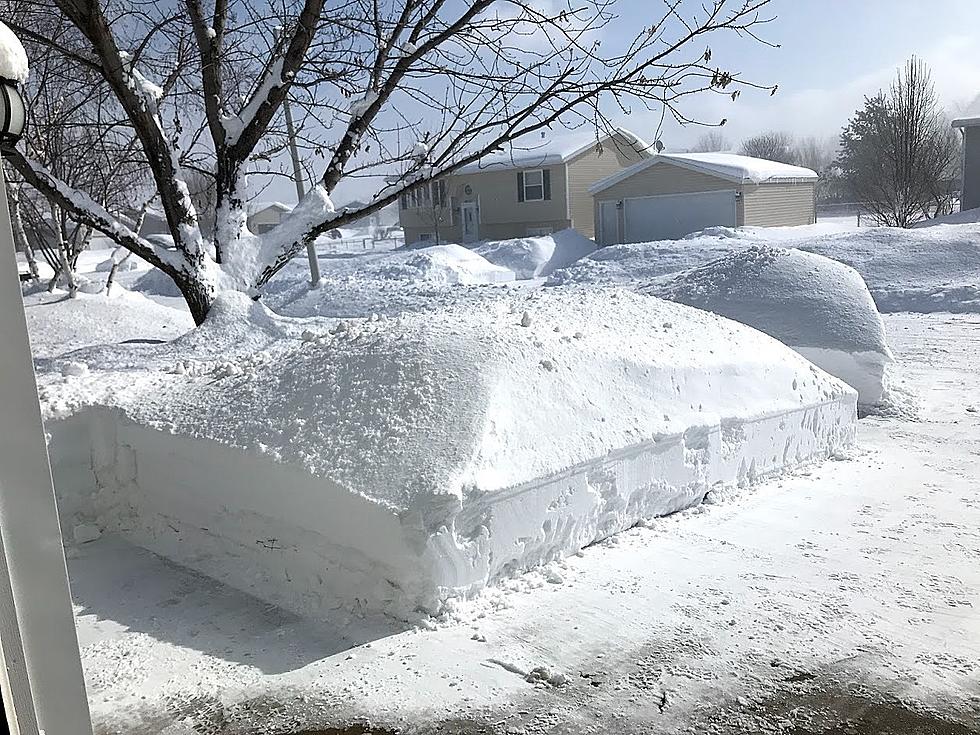
Will You See Higher Property Taxes If You Operate An Airbnb In Rice County?
It's a hot topic at the legislature and in the news. Airbnb's and VRBO [Vacation Rental By Owner] is becoming really popular in Minnesota, and that leads to the discussion of how the state regulates them. Should the state and county consider them like hotels? Should they pay lodging tax? Is it different if you are only renting out a room rather than the entire home? Lot's of questions, and right now there aren't a lot of answers. Here's what I found out when it comes to answering some of those questions locally.
I reached out to several people about the topic of Airbnb and VRBO. I reached out to my insurance agent at Intego Insurance, Rice County Assessor Paul Knutson, and Faribault City Manager Tim Murray.
WCCO-TV recently did a report on what is happening in Cook County where people running short term rental properties like Airbnb's and VRBO's are being classified on their property taxes as a3, or commercial properties, that carry about a 3 times higher property tax burden. One property highlighted by WCCO-TV in its report is owned by Nancy Voth who "made the move from Minnesota to Seattle a few years ago, so her summers on scenic Lake Vermillion have been shorter." The property taxes on her three-bedroom cabin climbed to $12,500 a year. It was in January that she learned her tax bill was being roughly doubled to "$26,000 a year."
The property tax increase and overall enforcement of the short term rental properties in Minnesota, especially Cook County where Voth's cabin is located, began from a memo sent out by the Minnesota Department of Revenue in May. Some County assessors saw this as a directive, where in essence it was meant to be more advisory for assessors in how they determine property.
Speaking with Rice County Assessor Paul Knutson, the Rice County assessor's office "did find 41 properties that may or may not fit" the criteria associated with a short term rental property, but with legislation being introduced in the Senate and House Knutson is taking a wait and see approach. Knutson is "looking for clarity" before pursuing any changes to a property's tax status.
According to Knutson "under Rice County Zoning these types of properties [short term rental properties] are not allowed without further permissions from the [Rice County] Zoning Office. The incorporated cities have regulations regarding rental units that are long term. As far as our office can find, there are few, if any regulations regarding short term rental. These situations add to the complexity of the search." Items in the brackets are my additions and not those of Rice County Assessor Paul Knutson.
Faribault City Manager Tim Murray when asked about whether Faribault has any specific ordinances on the books surrounding short term rental properties, stated there weren't. But a short term rental property is required to pay the City of Faribault what is owed in terms of lodging tax. According to Murray, short term rental properties, are one of the numerous items on his "list to bring forward to the City Council."
My insurance agent let me know that there are several options for short term rentals to ensure that there is proper coverage.
Option 1: Short Term Rental
Guests stay less than 3 months
Property is for rental use only (not used by owner)
Option 2: Occasional Rental
Owners sometimes use it
Rented to guests other times during the year
Option 3: Occasional Rental
Primarily used by the owners as their winter/summer place
Minimal rental weeks during the year
The type of policy that would be used would be different for all of these options even though they all have renters using the properties.
Some other miscellaneous things from my agent that she wanted me to know about:
- Tenant damage is not covered by any of the types of policies. If a renter damages the home, an insurance claim will not be able to be made. This is why the damage deposits and contracts between property owners and renters are so extensive.
- If the owner lives 100+ miles away, the insurance company would request that a local property manager should be contracted to manage the property.
- Homes 80+ years old minimum dwelling limit is $20,000 and max $300,000
- 80 years old and newer, $500,000 max coverage
- Deductibles are the same as for a standard homeowners policy
Premiums will generally be more expensive than a homeowner's policy but the age of home, number of weeks rented, location, amenities, etc. all can significantly impact premium. A new property in Phoenix that’s only rented 3 months of the year would have a dramatically different rate than a 1950’s beach condo in Florida that is rented year-round.

More From KDHL Radio










